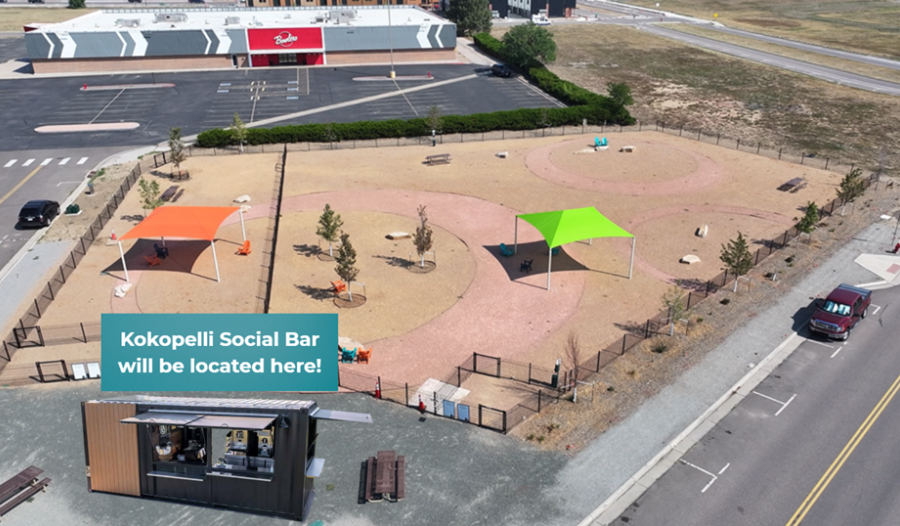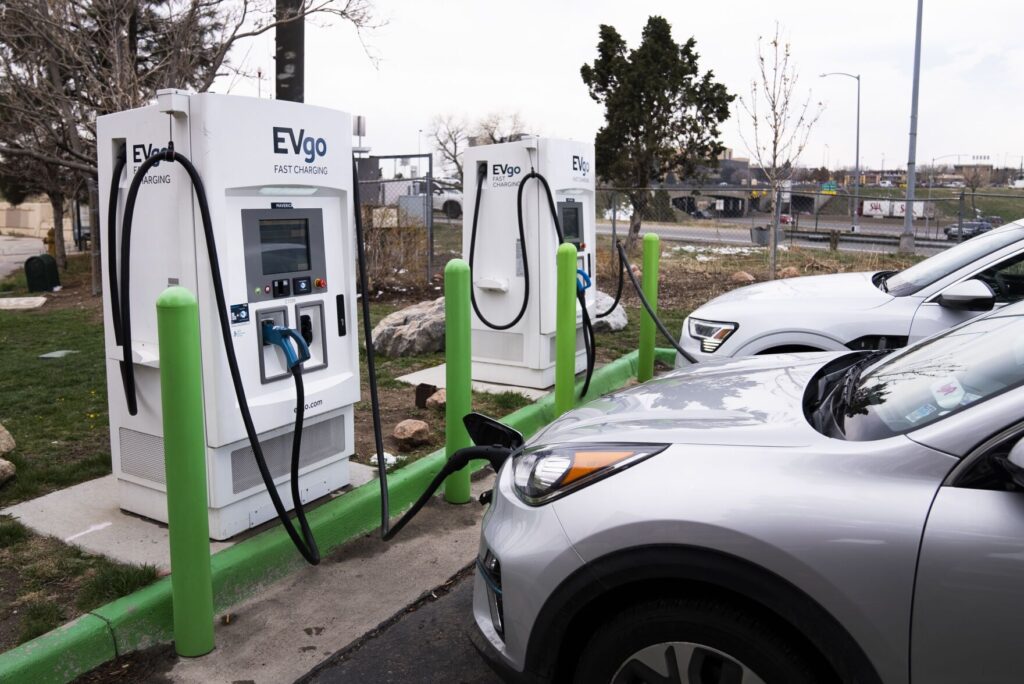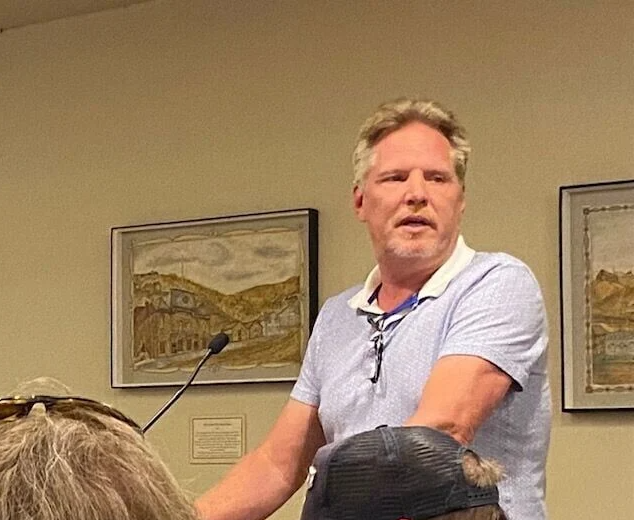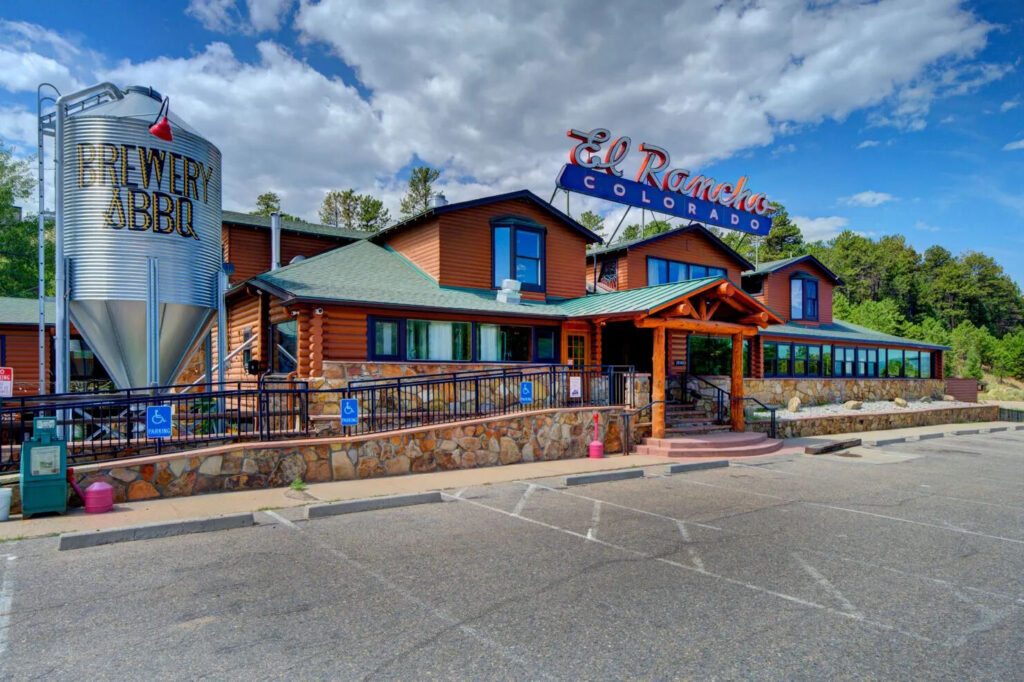Colorado Oil and Gas Commission denies drilling permit in Weld County
The Colorado Oil and Gas Conservation Commission has denied an application to drill for oil and gas in Weld County because the proposed drill sites were too close to residences.
In 2019, the state legislature adopted sweeping new rules for oil and gas development, including barring drilling within 2,000 feet of homes, schools, child care centers and apartment buildings, claiming there are health risks associated with residential well-head proximity. The new rules were finalized in 2020 by the Conservation Commission and became effective in 2021.
In 2017, The Associated Press reported that “Colorado officials who reviewed thousands of air samples and a dozen studies on air pollution from oil and gas sites said … the risk of harmful human effects appears to be low, but they stressed that more study is needed.”
A more detailed modeling study commissioned by Colorado Department of Public Health and Environment in 2019 said: “Exposure modeling for most chemicals indicated that acute exposures were below guideline levels for all hypothetical people and facilities.”
In 1971, a year after natural gas was discovered in the Wattenberg formation, Occidental Petroleum, a subsidiary of the Kerr-McGee Corp., leased 88% of the mineral rights underneath about 4,240 acres of land near Firestone, which was, at the time, largely rural farmland.
The U.S. Energy Information Administration said in 2013 that the Wattenberg field was the fourth-highest producing oil and gas field in the U.S.
The project lies on the east side of Firestone, partly within its city limits, and partly in Weld County.
The town entered a cooperative development plan agreement with Occidental to drill in April 2021.
The drilling pads were proposed to be within 2,000 feet of 94 residential buildings and there are no schools, child care centers or apartment buildings within the 2,000-foot limit for proximity to drilling and well-heads.
But commissioners said they had concerns with the completeness of the application and asked if Occidental would be willing to split the two drilling locations into separate applications. A representative for Occidental said the company was satisfied with its original application and wasn’t interested in doing so.
The commission voted 4-1 on March 10 to deny the application as presented. Megan Castle, the commission’s spokeswoman, told The Denver Gazette that this is not a final action and that Occidental can apply again.
“We’re disappointed with the Colorado Oil and Gas Conservation Commission’s decision to deny our permits with the Longs Peak development,” said Occidental spokeswoman Jennifer Brice. “Along with current operational practices, our submitted permit package demonstrates our commitment to Colorado’s standards to protect public health, safety and welfare, the environment, and wildlife resources. Our partners in Firestone want us to operate in their town, and our next steps include reviewing all available options to develop the mineral resources Coloradans rely on for their energy needs.”
In a statement, Lynn Granger, executive director of the American Petroleum Institute’s Colorado branch, said: “In a time of geopolitical instability, skyrocketing energy prices, and seemingly unchecked inflation, Colorado and the United States need more natural gas and oil, not less. … When an operator more than satisfies the conditions of approval set forth in commission rules and enjoys the support of the relevant local government, yet is still denied a permit, it sets a deeply troubling precedent that casts doubt on the efficacy, and even the purpose, of the Mission Change rules adopted in November 2020.”















